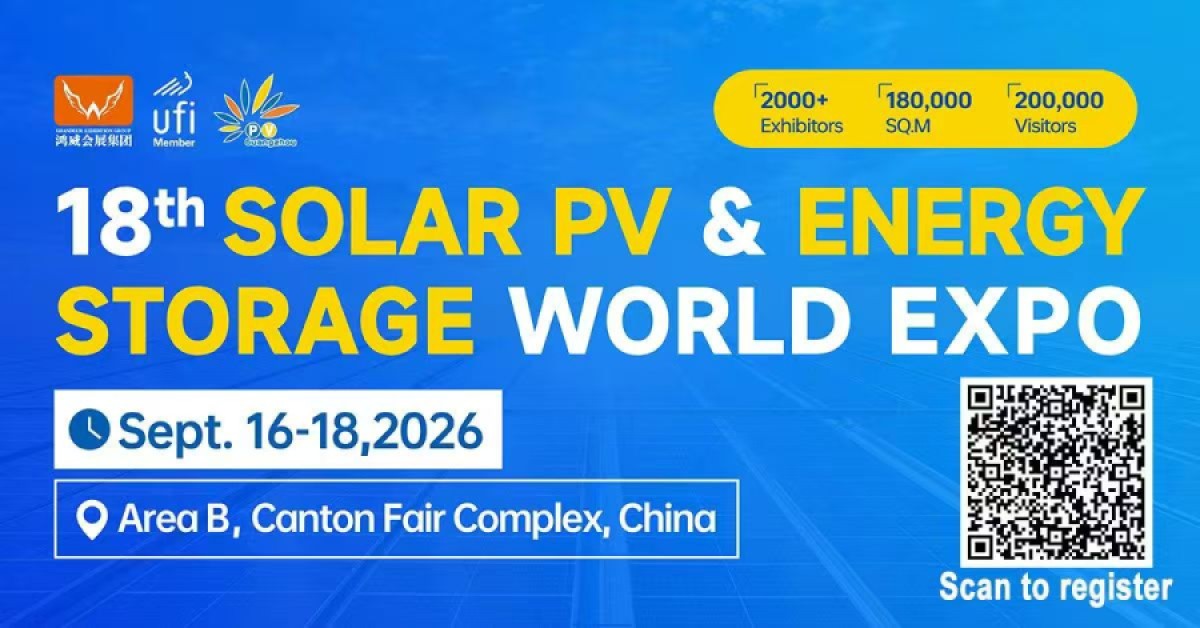So far, RECoN (when this was known as RECC) had conducted a number of meetings of member associations and other concerned institutions to enhance private sector entrepreneurship in promotion of alternative energy in the country. Representing the member associations, voiced the genuine causes and remedies in the national and international gatherings so as private sector and other stakeholders get benefits without harming any others's right.
Recent RECoN activities in dialogues with experts, professionals, academia in RE sectors have been successful in finding out practicable and appropriate solutions for the future days. RECoN is also committed to put forward the promising ideas and opinions produced from the interactions and discussions to policy making and planning authorities. Interactions and discussions on RE in the Budget for the FY 2074-75, RE movement in the federal system of the country, Appropriate financing in RE, RE for Agriculture, Waste to Energy, Green Inclusive Energy have been the subject matters RECoN organised dialogues and activities.
The confederation has been working on formation of a Think Tank Group of academia, experts, practitioners and professionals who has immense experiences, knowledge and enthusiasm in renewable energy for Nepal. Experts of other relevant faculties are also associated to the TTG to make it to be good for everything related to renewable energy.
Also to mention that RECoN had been entrusted as a partner organisation for “Green and Inclusive Energy Programme (Nepal Project)” in Nepal by Centre for Rural Technology, Nepal (CRT/N) who is conducting the programme in collaboration with Hivos Foundation.
The Green and Inclusive Energy (GIE) programme, aims to strengthen the lobby and advocacy capacity of CSO’s in low and lower middle income countries. ENERGIA and IIED are implementing partners of the GIE programme. For achieving the set goals the program will work together with the local government and local civil society organisations in developing countries.
GiE systems are designed, implemented and operated using transparent and participatory decision making processes that include citizens (women and men) and meet people’s energy needs for their daily livelihoods, economic activities, education and health, while reducing climate change.




